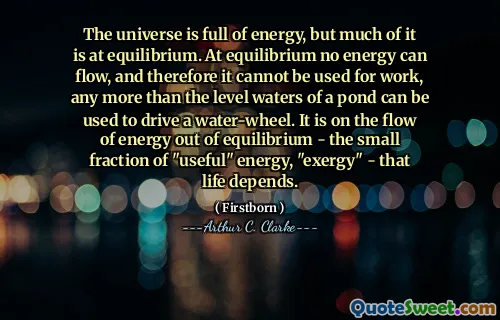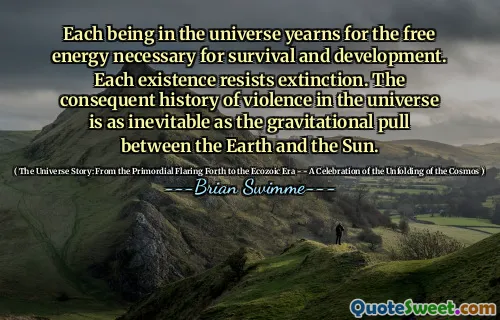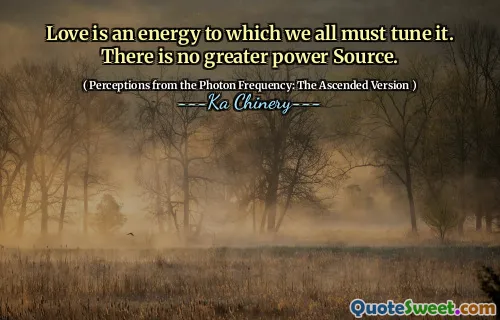After all, is it not the way we humans shape the universe, shape time itself? Do we not take the raw stuff of chaos and impose a beginning, middle, and end on it, like the simplest and most profound of folktales, to reflect the shapes of our own tiny lives? And if the physicists are right, that the physical world changes as it is observed, and we are its only known observers, then might we not be bending the entire chaotic universe, the eternal, ever-active Now, to fit that familiar form?
In the excerpt from Tad Williams' "Sea of Silver Light," the author contemplates the human tendency to bring order to the chaotic universe by imposing narrative structures. He suggests that our understanding of reality is shaped by our need for a beginning, middle, and end, similar to the stories that define our lives. This reflects the profound human inclination to seek meaning and coherence amidst the chaos that surrounds us.
Moreover, the passage invokes the idea that if physicists are correct in stating that the act of observation alters the physical world, then humans, as observers, may play a crucial role in shaping not only their personal experiences but the universe itself. This suggests a powerful connection between observation and reality, where our perceptions could influence the fundamental nature of existence, reinforcing the interplay between individual experience and the broader cosmos.


